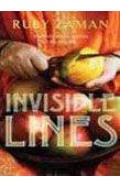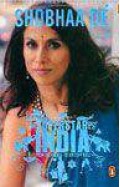The Essence of Rumi Masnevi
By: Erkan Turkmen
-
Rs 560.00
- Rs 800.00
- 30%
You save Rs 240.00.
Due to constant currency fluctuation, prices are subject to change with or without notice.
The Essence of Rumi's Masnevi It is a remarkable research in English on Rumi that covers the period in which Rumi lived and the teachings of Rumi's father,his disciple Brurhaneddin Tirmizi and Rumi's Master Shams. This is a very rare book written by Professor Turkmen a naturalized Turkish citizen on the life and works of the Sufi poet Jalaluddin Rumi. The book covers the usual biography of Rumi, his family, his teachers and his works before them covering translation and commentary of Rumi’s most famous works, The Masnavi. An important contribution to Masnevi studies was done by Erkan Turkman. It includes several introductory chapters with much new information. The body of the work contains excerpts from the Masnevi in Persian script, each of which is followed by two short paragraphs in English: the first is not a word-for-word literal translation, but part translation and part paraphrase of the verses. The second paragraph in each selection gives some relevant explanations, drawn from commentaries in Turkish, Ottoman Turkish, Persian, Urdu, and English. It is an excellent book that should be on the book shelf of any student of the teachings of Rumi or of Persian or Turkish literature.
The Essence of Rumi's Masnevi It is a remarkable research in English on Rumi that covers the period in which Rumi lived and the teachings of Rumi's father,his disciple Brurhaneddin Tirmizi and Rumi's Master Shams. This is a very rare book written by Professor Turkmen a naturalized Turkish citizen on the life and works of the Sufi poet Jalaluddin Rumi. The book covers the usual biography of Rumi, his family, his teachers and his works before them covering translation and commentary of Rumi’s most famous works, The Masnavi. An important contribution to Masnevi studies was done by Erkan Turkman. It includes several introductory chapters with much new information. The body of the work contains excerpts from the Masnevi in Persian script, each of which is followed by two short paragraphs in English: the first is not a word-for-word literal translation, but part translation and part paraphrase of the verses. The second paragraph in each selection gives some relevant explanations, drawn from commentaries in Turkish, Ottoman Turkish, Persian, Urdu, and English. It is an excellent book that should be on the book shelf of any student of the teachings of Rumi or of Persian or Turkish literature.
Zubin Mehta: A Musical Journey (An Authorized Biography)
By: VOID - Bakhtiar K. Dadabhoy
Rs 630.00 Rs 1,050.00 Ex Tax :Rs 630.00
Manning Up: How the Rise of Women Has Turned Men into Boys
By: Kay Hymowitz
Rs 796.00 Rs 995.00 Ex Tax :Rs 796.00
No recently viewed books available at the moment.
Zubin Mehta: A Musical Journey (An Authorized Biography)
By: VOID - Bakhtiar K. Dadabhoy
Rs 630.00 Rs 1,050.00 Ex Tax :Rs 630.00












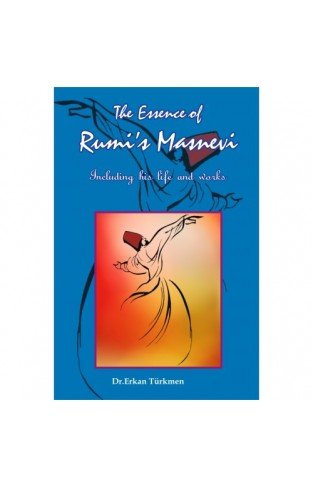
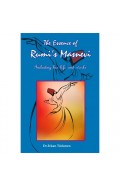
-120x187.jpg?q6)





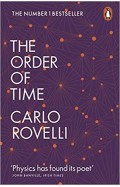
/1 sang e meel/FAIZ KA TASAWAR-E-INQLAAB-120x187.jpg?q6)






